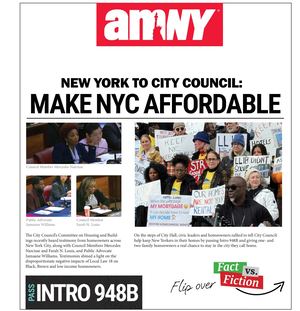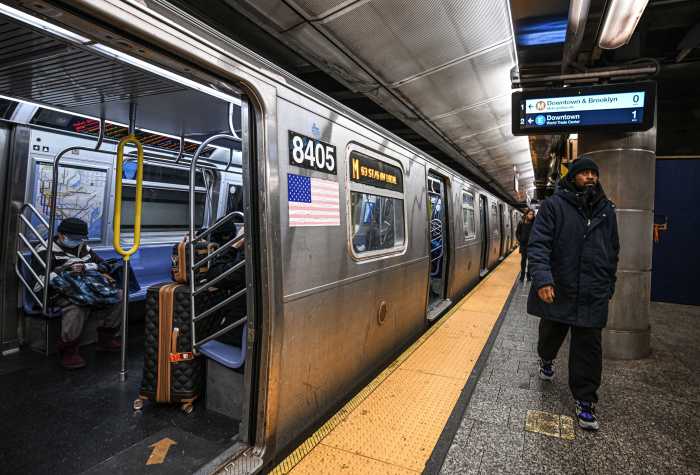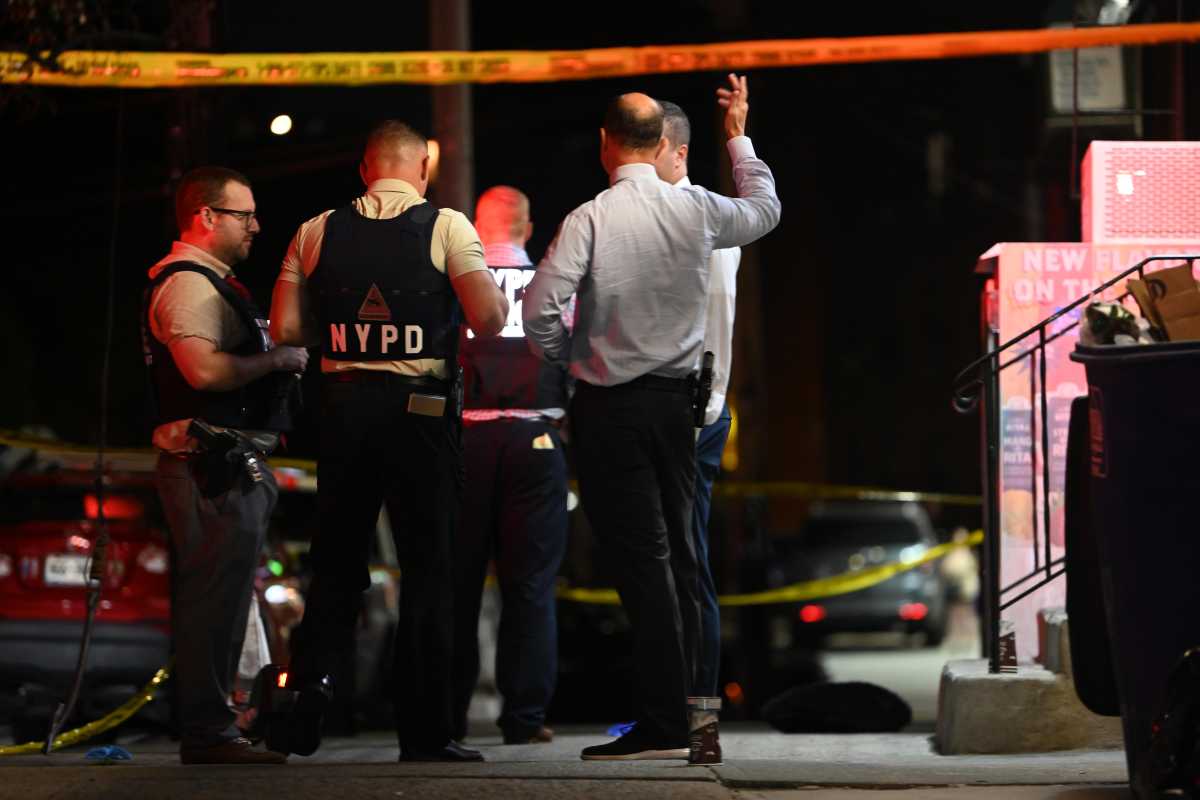We know why Gov. Andrew Cuomo changed the rules for parole, making the inmate’s institutional record, such as education and remorse, more important than the crime itself. He has been tacking left to burnish his progressive credentials as he seeks a third term in November, to say nothing about a possible run for president in 2020.
Call it the politics of parole. But in the process, Cuomo has opened a Pandora’s box he may find difficult to shut. Whether this is good or bad, depends on your point of view.
First came last month’s release of cop-killer Herman Bell. He is the Black Liberation Army member who killed NYPD cops Waverly Jones and Joseph Piagentini in 1971, and was serving a sentence of 25 years to life. Despite PBA president Pat Lynch’s efforts to stop it, Bell, 70, is out.
Bell’s release may be just the beginning. His partner in the murders, Anthony Bottom, comes up for parole next month. Last Friday, the PBA brought the families of the two cops to present victim-impact statements to the parole board.
But if Bell was granted parole, why not Bottom? Let’s see whether the flack over Bell’s release causes the parole board to waver.
Also due for a hearing next month is Eddie Matos, who is serving 25 years to life for the 1989 murder of NYPD cop Anthony Dwyer. Dwyer was chasing Matos after a burglary at the McDonald’s in Times Square. Matos pushed Dwyer down a 25-foot air shaft to his death.
Then there’s Judith Clark, the radical who drove the getaway car in the 1981 Brinks robbery in Rockland County in which two cops and a security guard were killed.
Clark got 75 years to life. In 2016, Cuomo commuted her sentence to 35 years to life, which made her eligible for parole. Last year, the board denied her parole. Clark, 68, sued the board, saying it treated her “as a symbol of a crime rather than as an individual.” Last month, a judge, citing Clark’s “remarkable transformation” in prison, ordered a new hearing.
Contrast the impending release of these cop-killers with that of Christopher Thomas. In 1984, Thomas killed eight children and two young mothers in what is known as the Palm Sunday massacre. Convicted of manslaughter, not intentional murder, he had served 32 years or two-thirds of the maximum 50-year sentence allowed by the state.
With no fanfare, Thomas, 68, was released from an upstate prison earlier this year. Unlike the slain cops, the families of Thomas’ victims have no constituency.





































